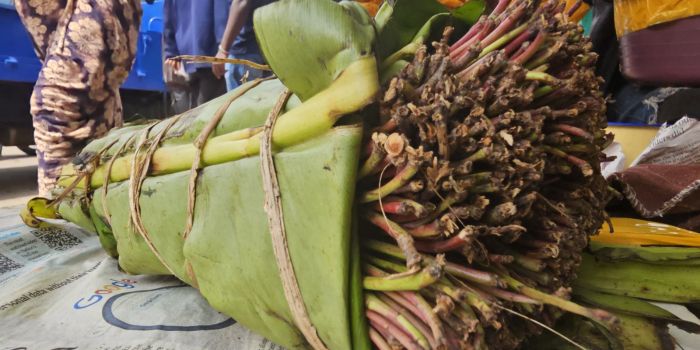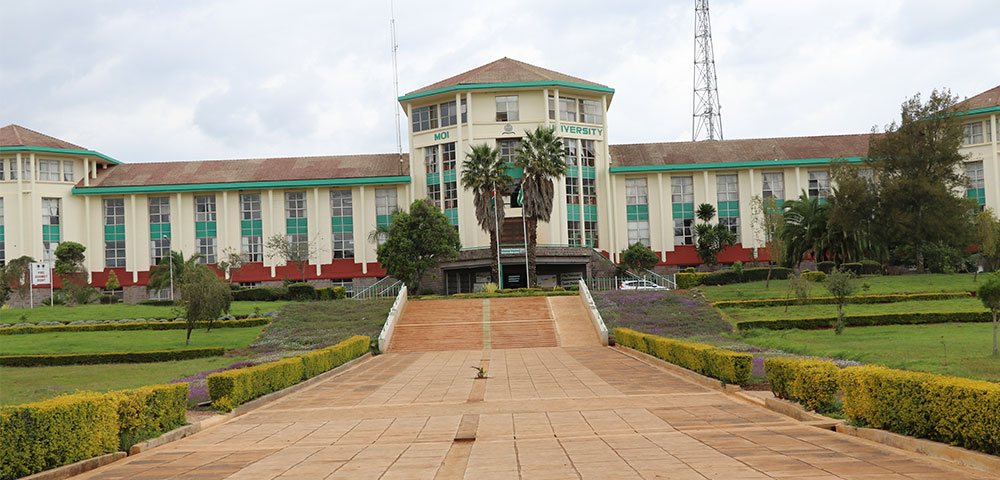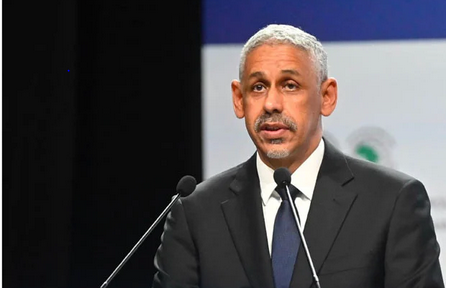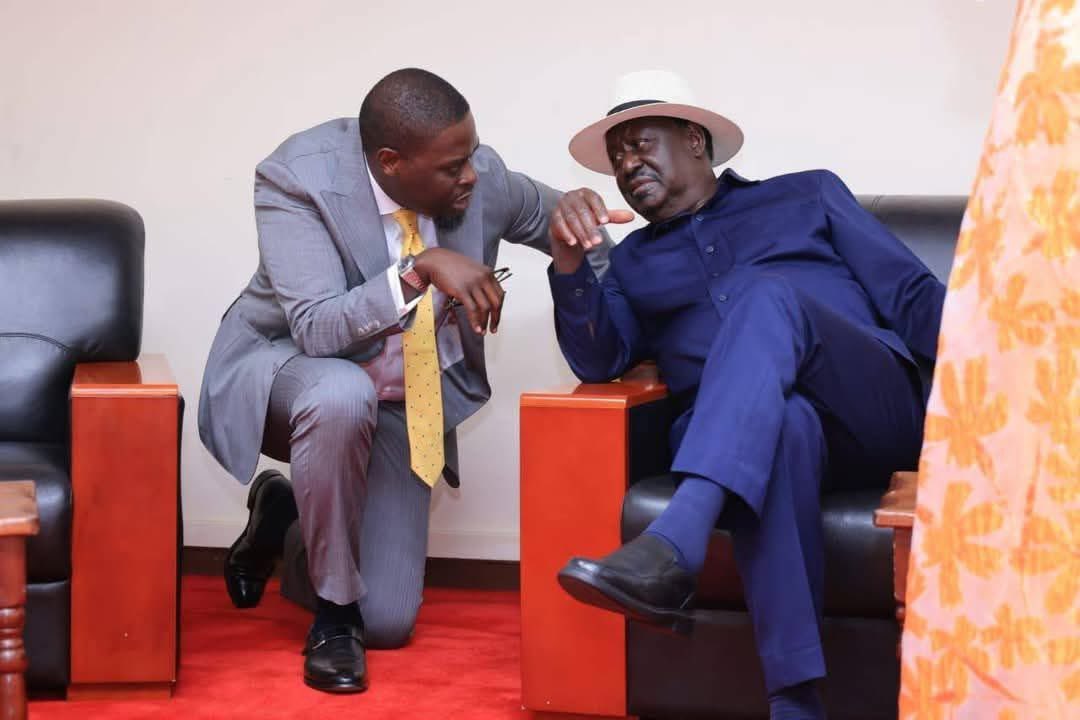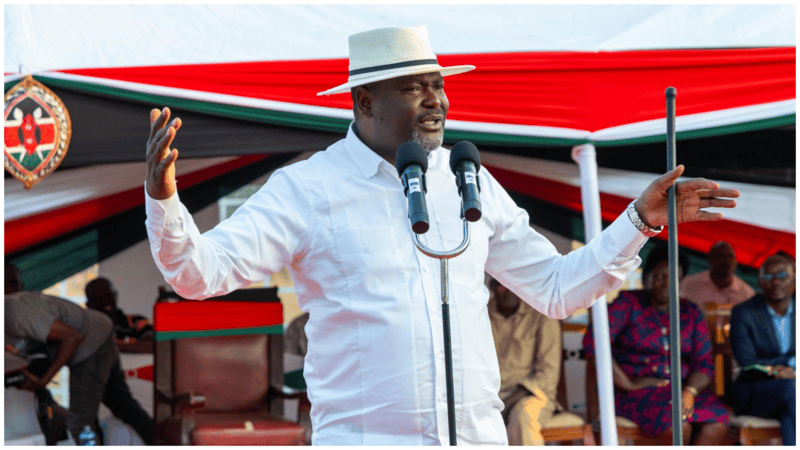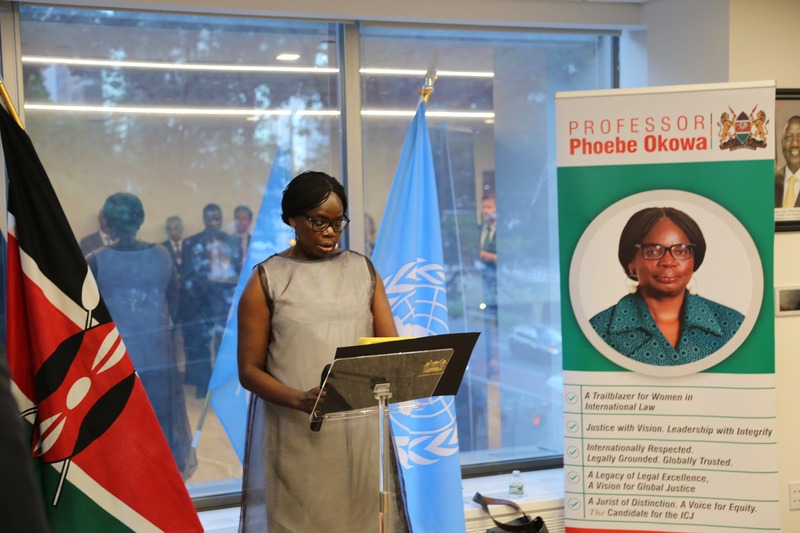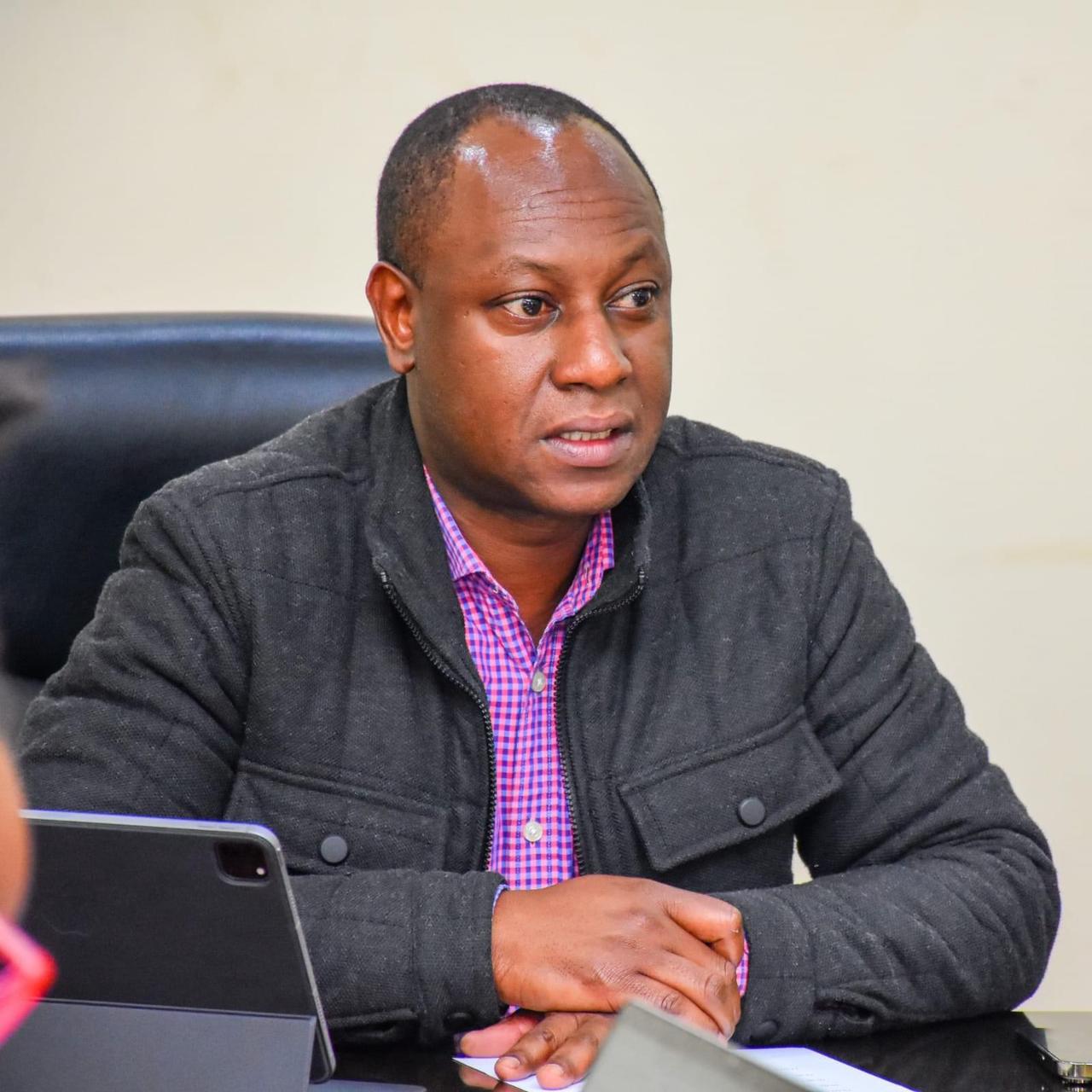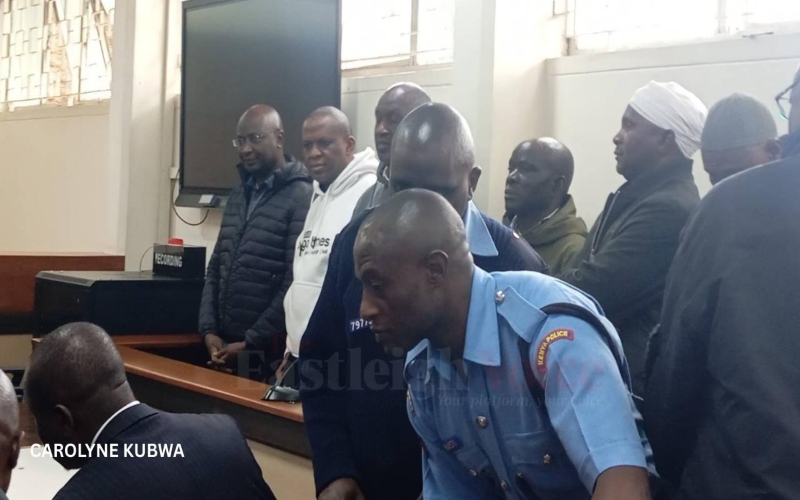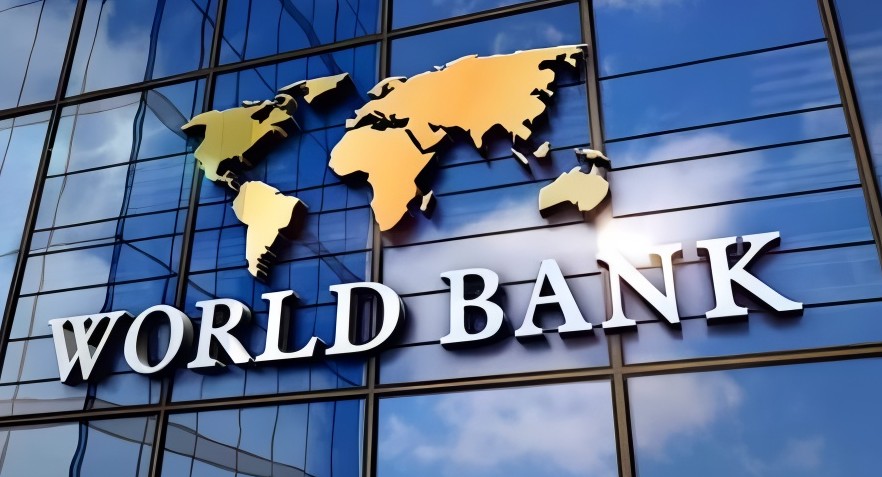Togo protests erupt as President Gnassingbé faces fresh calls to resign
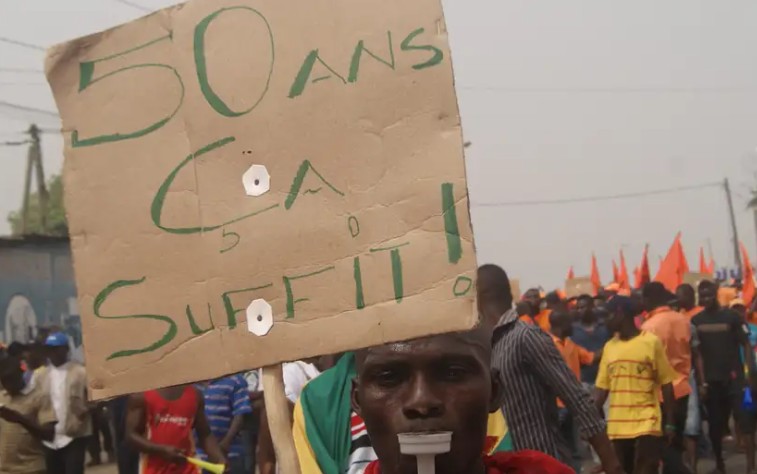
Hundreds of people had taken to the streets, blocking major roads and setting up barricades as they denounced what opposition leaders are calling a “constitutional coup.”
Protests broke out across Togo’s capital, Lomé, on Thursday as soldiers used tear gas and batons to disperse demonstrators demanding the resignation of Faure Gnassingbé, who has tightened his grip on power through a controversial new political role.
Hundreds of people had taken to the streets, blocking major roads and setting up barricades as they denounced what opposition leaders are calling a “constitutional coup.”
More To Read
- Africa’s freshwater ecosystems depend on little creatures like insects and snails: Study maps overlooked species
- AU’s Faure Gnassingbé leads renewed push to mediate DRC crisis amid rising external influence
- Angola appoints new DRC-Rwanda mediator as Doha talks signal shifting African diplomacy
- Ruto says Equatorial Guinea and Togo back Raila Odinga's AUC chairmanship bid
- World Bank report highlights widening gender gap in African workplace
The protests, organised by activists and social media users, erupted in several neighbourhoods, including opposition stronghold Bè, where witnesses reported clashes between protesters and heavily armed security forces.
Military jeeps and reinforcements were deployed in some areas as police fired tear gas and arrested about 10 people.
Shops remained closed in several parts of the city as the protests, planned to last three days, continued into the afternoon.
In the suburbs, demonstrators burned tyres and wooden furniture, sending black smoke into the sky as they clashed with police.
Authorities had not issued an official statement by Thursday evening. Togo’s minister of territorial administration, Hodabalo Awate, did not respond to a request for comment.
The latest unrest follows President Gnassingbé’s swearing-in last month as President of the Council of Ministers, a new role without term limits and one that critics say allows him to remain in power indefinitely.
His family has ruled Togo since 1967, and his new appointment has drawn sharp condemnation from civil society and political groups who view it as an attempt to undermine democracy.
A coalition known as “Hands Off My Constitution” called for the release of those detained during earlier protests and urged the president to act on the growing cost-of-living crisis.
“It strongly urges Faure Gnassingbé to immediately and unconditionally release all of the roughly one hundred political prisoners, and to take urgent measures to restore purchasing power to the population,” the group said in a Facebook post.
Amnesty International said dozens were arrested during June 5–6 protests against the constitutional change and other grievances, though most were released quickly.
Demonstrations in Togo have been rare since 2022, when protests were banned after a deadly attack at Lomé’s central market.
However, the recent political developments have reignited public anger in a region already under pressure from multiple coups and democratic backsliding.
Last week, the Togolese government suspended French state broadcasters RFI and France 24 for three months, accusing them of bias and a lack of professionalism.
The suspension came amid rising tension over political dissent and growing calls for transparency and reform.
Despite the ban on public protests, civil society groups have vowed to continue the demonstrations, with the current wave planned for June 26 to 28.
As discontent deepens and more voices demand political change, the protests have become a bold challenge to Faure Gnassingbé’s continued rule.
Top Stories Today
